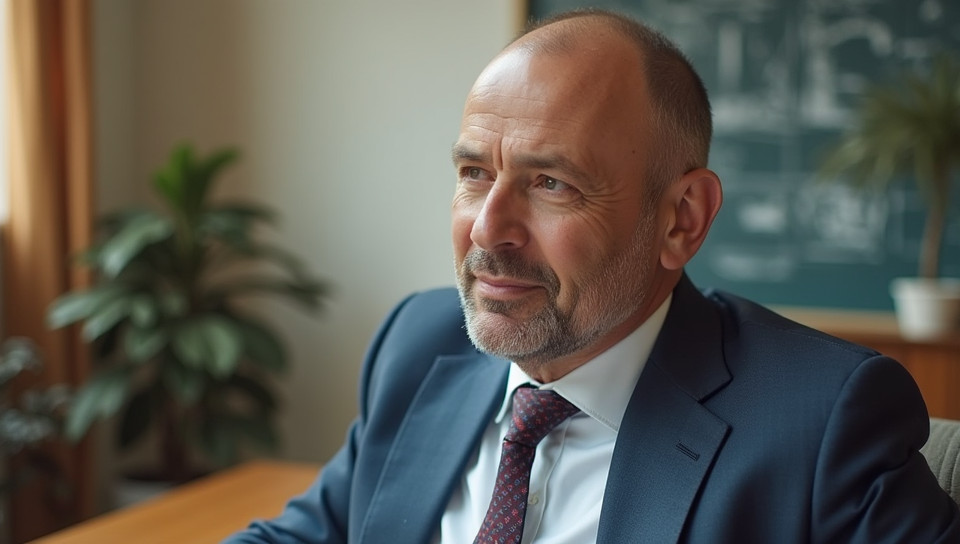Men should be actively involved in promoting gender equality 88%

Breaking Down Barriers: Why Men Must Lead in Promoting Gender Equality
In today's society, we're seeing significant strides towards achieving gender equality. However, despite the progress made, there is still much work to be done to bridge the gap between men and women. The reality is that men have historically held positions of power and influence, often at the expense of their female counterparts. It's time for this dynamic to shift.
The Importance of Male Involvement in Promoting Gender Equality
Men play a crucial role in shaping societal attitudes towards gender equality. By actively working to promote equality, men can help break down long-standing barriers that have held women back for centuries.
- Educate themselves and others about the importance of gender equality
- Recognize and challenge their own biases and privileges
- Advocate for policies and practices that support equal opportunities for women
- Support women in leadership positions and amplify their voices
- Engage in respectful conversations with men who may hold opposing views
The Benefits of Male Involvement
When men are actively involved in promoting gender equality, everyone benefits. Here are just a few reasons why:
- A more level playing field: By challenging patriarchal norms and advocating for equal opportunities, men can help create a more level playing field for women.
- Increased economic growth: Research has shown that countries with higher levels of gender equality tend to experience greater economic growth.
- Improved relationships and communication: When men are involved in promoting gender equality, they're more likely to develop stronger, more empathetic relationships with the women in their lives.
Conclusion
Promoting gender equality is a collective responsibility. While women have made significant strides towards achieving equality, it's time for men to step up and take an active role in breaking down barriers. By doing so, we can create a more just and equitable society for everyone. It's time for men to lead the charge towards a brighter future – one where everyone has equal opportunities to thrive.
- Created by: Yìzé Ko
- Created at: Sept. 11, 2024, 12:09 a.m.
- ID: 9138

